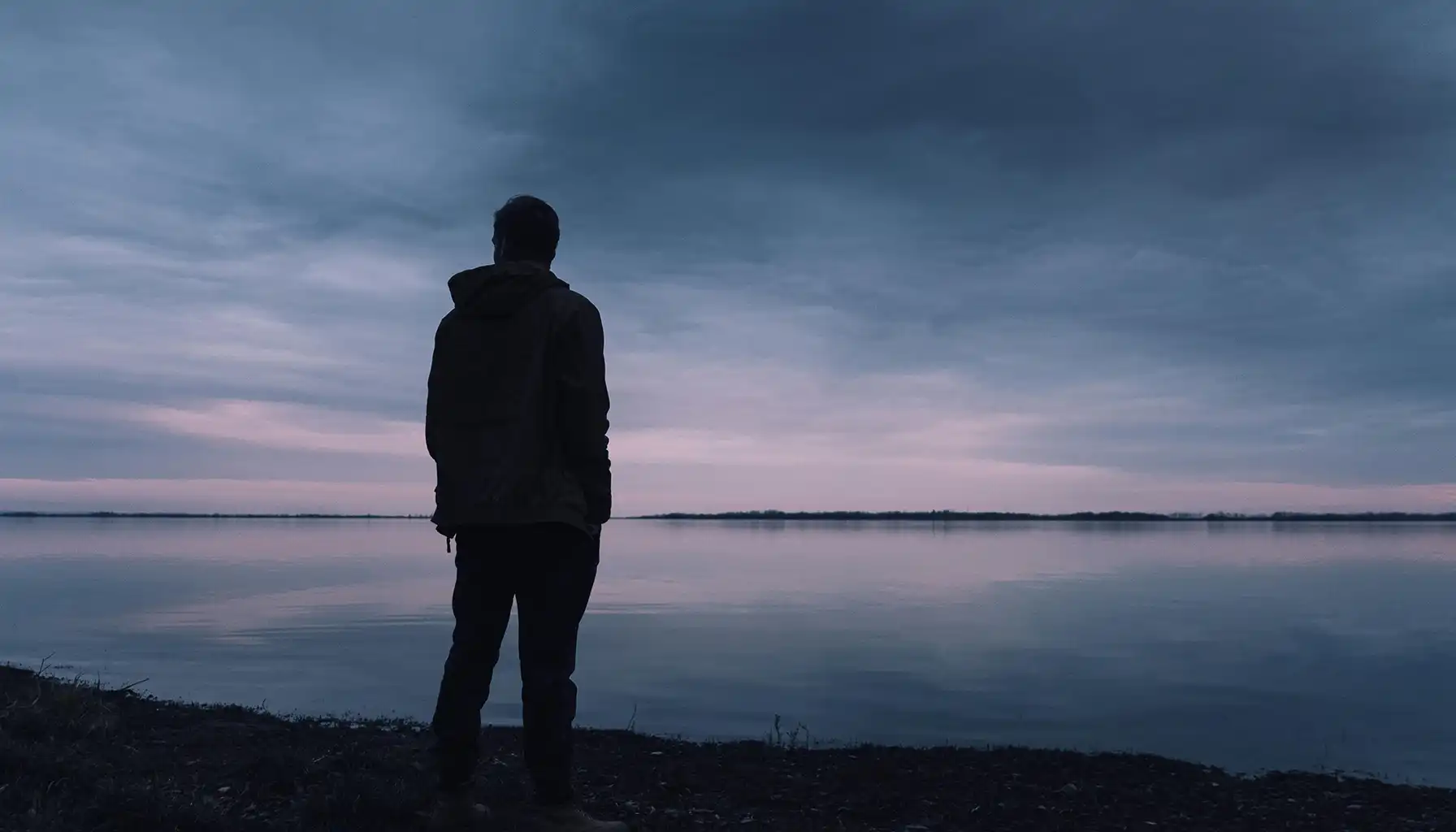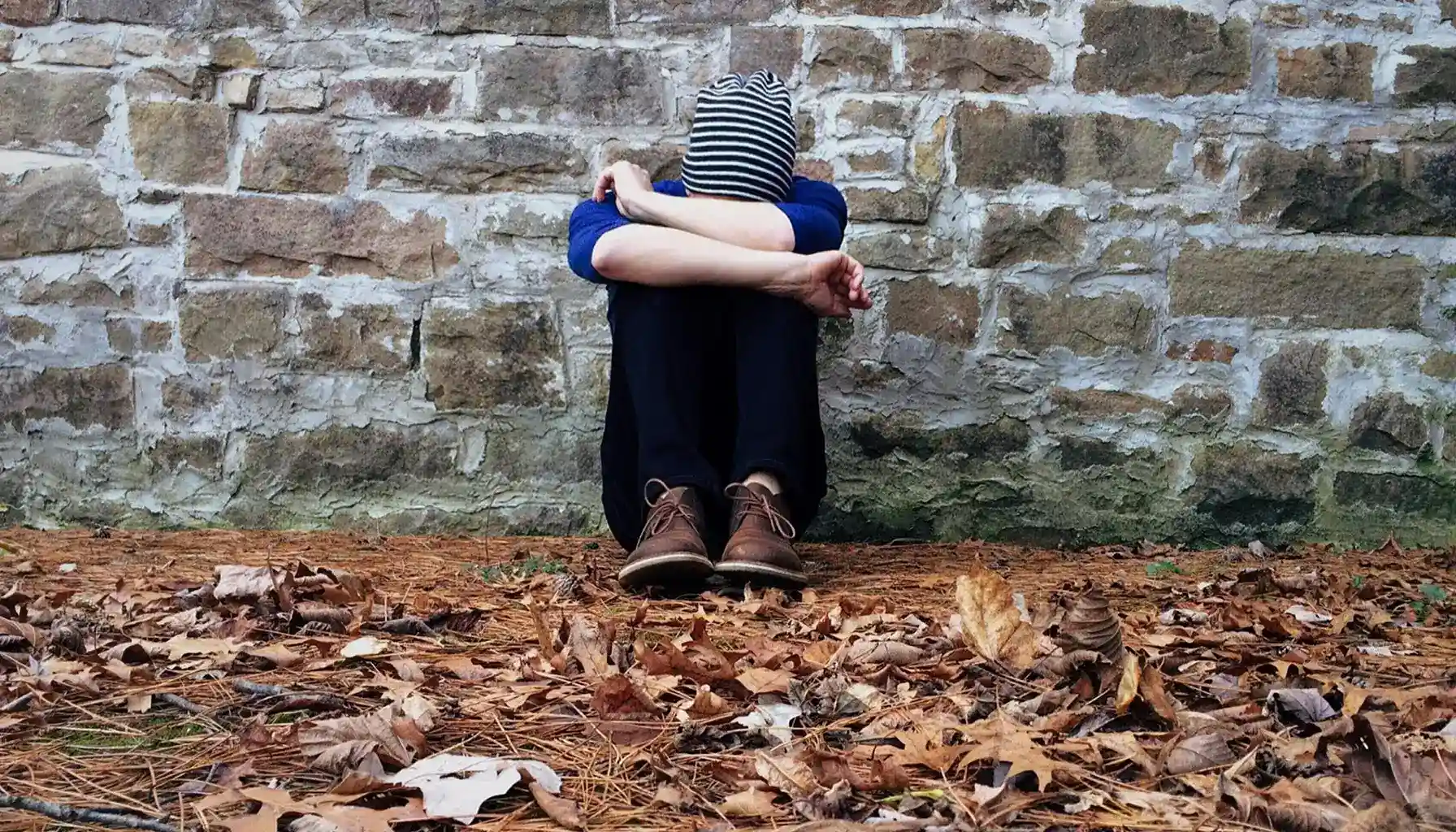Contents:
What is the fear of being alone? Clinically, it’s linked to autophobia, an anxiety disorder where being by yourself feels unsafe or unbearable, even if there’s no real danger. It’s the fear that something bad might happen without anyone around to help.
Some people have the fear of being alone only in certain places, like at night or in public, others feel it anywhere. It can be a part of other phobias or anxiety conditions, understanding what is autophobia is the first step to managing it. Naming the fear makes it easier to face.
Free brain games can help with “solo-time” mini challenges, and quick check-ins, plus journaling prompts and calming music tracks.
Possible Causes

Fears rarely appear out of thin air, and the autophobia definition shows us this is more than just “not liking alone time.” Many people trace the fear back to early childhood experiences, like being left alone unexpectedly, or intense events in adulthood, such as going through a breakup or losing a support system.
Sometimes, it’s tied to anxiety (perhaps it’s genetic?) patterns where the mind jumps to worst-case scenarios. For example, if you’ve ever wondered what is the fear of being watched when alone, you’ve already brushed up against one of its possible offshoots: the uneasy feeling that solitude is vulnerability.
In other cases, autophobia meaning can be shaped by the environment: growing up in a high-crime neighborhood, living through emergencies, or even being told scary stories about “what could happen” when alone. The brain wires these associations into a quick-trigger response, so even short moments of solitude feel unsafe.
Signs and Symptoms
What phobia is fear of being alone? The body and mind can be surprisingly creative in showing distress. But it’s OK, because you have asked this question. It means that you want to deal with it.
Symptom Type | Examples | Impact |
Physical | Racing heartbeat, sweaty palms, tense muscles | Makes it harder to relax, even in safe environments |
Emotional | Intense panic, sadness, or irritability | Can lead to feelings of hopelessness or being “trapped” in fear |
Behavioral | Avoiding solo errands, overusing phone or TV for “company” | Prevents independence and daily functioning |
Situational Triggers | Fear spikes at night, in unfamiliar places, or after hearing certain noises | Reinforces the avoidance cycle and strengthens the fear of being alone phobia |
Long-Term Effects | Trouble focusing, poor sleep quality | Adds to overall stress and heightens autophobia symptoms |
Diagnosis and Assessment

When someone walks into a clinic wondering whats autophobia, the process isn’t just a quick “yes” or “no.” Mental health professionals take time to rule out other anxiety conditions, because fear of being alone can be a part of social anxiety, agoraphobia, or panic disorder.
A typical evaluation may be:
Clinical Interview: the therapist asks about your history, daily life, and specific triggers. This helps to see what does autophobia mean in the context of your personal experiences
Questionnaires & Scales: short surveys measure intensity and frequency of symptoms
Observation & Role-Play: sometimes, professionals use safe scenarios to see how you react in a controlled setting
Medical Rule-Out: physical exams or lab tests to ensure symptoms aren’t because of another health condition
And yes, autophobia treatment also often rebuilds confidence, so other areas are.
Evidence-Based Methods for Reducing Fear and Building Independence
If you’ve ever felt the fear of being left alone creep in like an uninvited guest, there are proven ways to quiet it down. Therapists have different approaches so you’re not just surviving solo time, but maybe even enjoying it.
Cognitive Behavioral Therapy (CBT): helps reframe the thoughts that make being alone feel unsafe, replacing them with more balanced beliefs
Gradual Exposure: starting with short periods alone and slowly extending the time until the nervous system learns there’s no real danger
Mindfulness & Grounding: breathing exercises and sensory focus keep panic from spiraling
Social Planning: building a support network so you want connection but don’t need it 24/7
Lifestyle Adjustments: exercise, proper sleep, and healthy routines charge your brain and help to deal with issues more effectively
There is a long way to go to decide what causes autophobia, specifically in your case, sometimes it’s tied to past abandonment, trauma, or inconsistent relationships. You can deal with those autophobia causes directly with a professional who will help you feel steady enough to handle your own company.
Living With the Fear of Being Alone

When you know how many people have autophobia, it can be comforting, because you realize you’re far from the only one who dreads that empty apartment echo. Alone time doesn’t have to feel like a countdown to panic. You can make it a lot easier to handle.
Create a Comfort Ritual: a favorite playlist, warm drink, or scented candle can shift your brain from “threat mode” to “relax mode.” Just show yourself that you can both be safe and alone, nothing bad is going to happen.
Use Distraction Wisely: reading, cooking, or a hobby keeps your mind engaged instead of spinning. You may just watch TV or play videogames, if it can engage you
Anchor Yourself: keep meaningful items nearby (photos, mementos) that remind you you’re still connected to people and places you love, they are not going anywhere
Set Communication Check-Ins: agree with a friend or family member to text or call at set times to make yourself be more independent
Practice Solo Wins: small victories, like going for a walk alone, can give you so much confidence, you would definitely want to try something more bold next time. But don’t get disappointed if it doesn’t work or you stopped in a middle of the process. It’s normal
The definition of autophobia explains it as an anxiety disorder, it’s a mental health challenge, not a flaw in your character. And if you’ve ever wondered how common is autophobia, let’s just say enough people experience it that professionals have entire treatment plans dedicated to it.
FAQ
Is autophobia common?
Yes. Not everyone talks about it, mental health data shows a noticeable portion of people deal with this fear at some point. It can be short-term after a stressful life change or something that stays for years without help.
What triggers it?
Being in an empty house, traveling solo, or even thinking about future isolation can create those symptoms. In some cases, it’s part of broader anxiety fear of being alone patterns.
How severe can it get?
Severity can be: mild unease or intense panic attacks. Some people rearrange their entire lives to avoid alone time.
What are the signs of autophobia?
Common signs include restlessness, a racing heart, over-checking messages, or feeling unsafe even in familiar spaces.
Is it treatable?
You can use therapy, gradual exposure, mindfulness training, and lifestyle adjustments. If you deal with it early you will get the best results.





